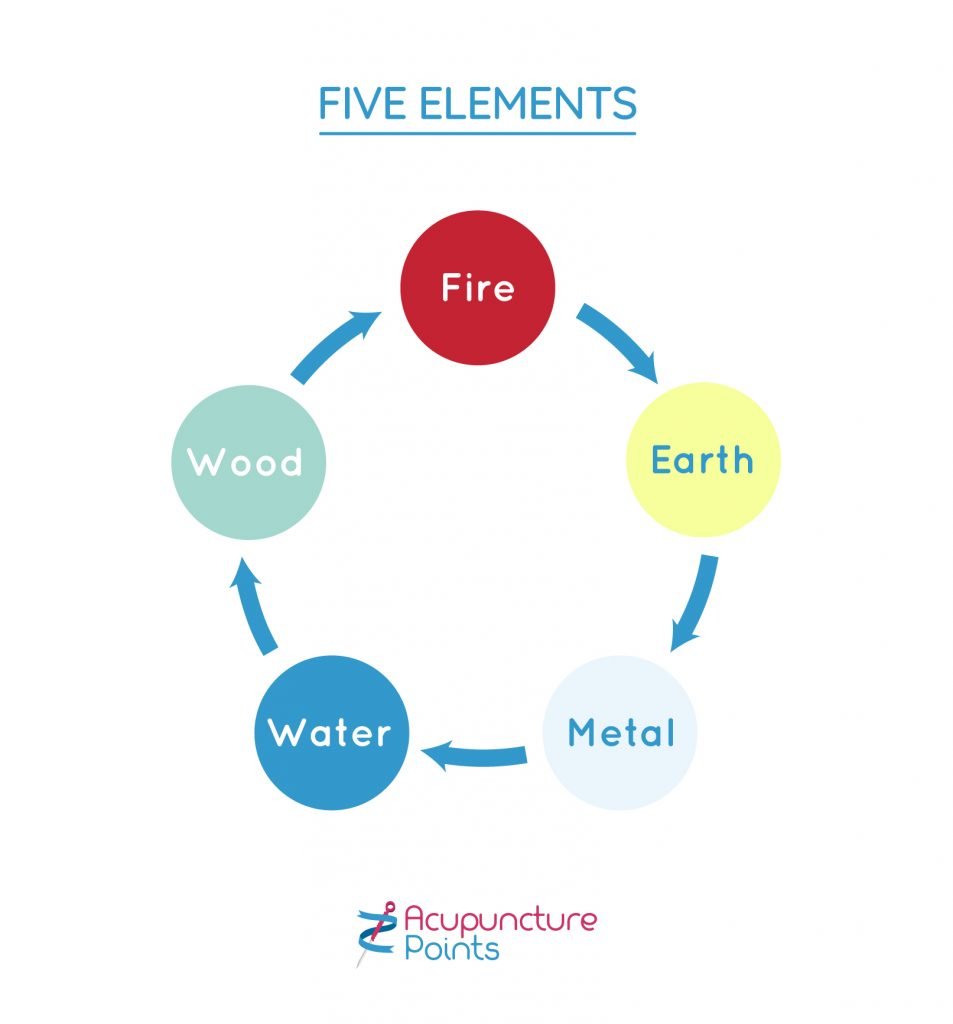Subscribe to the Newsletter
If you are interested in understanding how Traditional Chinese Medicine can improve your life sign up to my newsletter for the latest updates.

Singing is for life! Humans have sung since we left the trees (I await scientific refutation of this statement).
People say singing is good for the soul. Joining others in song raises spirits, brings people together in common endeavour, whether
As many recognise, combinations of words and sounds from singing can touch the soul. Done contemplatively, it can put us into something approaching trance, and/or meditation, a state apart from ordinary experience, usually very rejuvenating.
I remember joining a group of Buddhists to chant a particular Sutra (religious poem).

I was told it would alter the way my mind worked and make me always happy. We chanted it repeatedly and without pause for at least 90 minutes. Each repetition took about 10 minutes, I think. We then rested for 20 minutes and then did it again – and again: my memory is we did it for an afternoon and evening.
The words were in Tibetan and one learned them by rote, although I did know what they meant. So we learned how to make the sounds by doing it. The rhythm and intonation were a vital part of it.
I did find, for perhaps a week afterwards, that my mind was in a slightly different place. Looking back, I would say I felt slightly brain-washed – floating somewhere, as it were. It didn’t seem to affect my concentration or memory, nor my dealings with other people. I think it helped me sleep better. The Sutra continued going round and round in my mind, only gradually attenuating – a bit like a tune that you can’t get out of your head.
At the time I was doing intensive Zen Buddhist training several times daily, plus a lot more at weekends. The Zen training did contain a small proportion of chanting but the systems were very different, with the Zen training forcing me to confront my feelings and perceptions. This didn’t fit in with the ‘floaty’ state the chanting gave me, which I found distracting.
So I did not repeat the Tibetan Sutra chanting. (By the way, chanting is very different to singing.)
Until then, I had not given much credit to the power of chanting, but if you’ve ever been stilled by the sound of Gregorian Chant you may recognise how it can help achieve a deep calmness.
Learning to sing is worth it! It will help you develop better breath control, better breathing habits, and in time, better health.
Not surprisingly singing forms a major part of most cultures and tends to be suppressed or proscribed by totalitarian powers.
Qi Gong (Chi Kung) helps us understand how different sounds made by singing or chanting affect our health, specifically our ‘energy’ organs – the zang-fu organs – in the body.
Whereas most singing traditions focus on the words, rhythm or tune, Qi Gong focuses on the sound itself, the vibration.
Who developed this theory? The individual thought to have developed the basic theory lived in the period between 420AD and 589AD, a period in China known as that of the Southern and Northern Dynasties. He was Tao Hongling and he elaborated what we know as the Six Healing Sounds. These require different kinds of breath control exhalations. The fact that these come from China doesn’t mean we cannot use them! They are for all nations and all peoples.
Many objects easily vibrate. Think of wine glasses that break when subjected to their resonant frequency.

Bridges can oscillate when soldiers march over them at certain speeds, sometimes destructively for the bridge. Most buildings quiver, and architects are mindful of this when designing them, as are organ manufacturers who don’t want the air in a church to pulsate too much when certain notes are played.
If you’ve ever driven in a car with some of the windows down you may experience an uncomfortable noise sensation as the air quivers at its resonant frequency. To stop this you raise or lower the windows, or drive at a different speed.
Sound can be more powerful than you think. Qi Gong practice holds that some sounds are health-giving, encouraging our bodies to heal faster – hence the Six Healing Sounds.
Read up 5 Element acupuncture to discover the five elements and what they mean and how they describe the energetic effects between the organs.

You’ll notice there are 5 Elements but 6 Healing Sounds. That’s because the Fire element has two parts to it, so it’s really 4 + 2 = 6.
Now, you’ll want to know what the sounds are and how to make them. So here, rather than slavishly copying from somebody else, I refer you to a paper by Ralph Lorenz Ph.D, currently Senior Associate Dean, College of Visual and Performing Arts, Department of Transmedia, and Professor of Music at Syracuse University. You can download his article here: it was fourth on the list when I last looked.
He has given me permission to extract two tables from his paper.
| Organ | Sound | Notes |
| Liver | Shh shaped with slight ü | |
| Heart | Heu (as in hook) | Almost in whisper |
| Spleen | Hooo—as in “who” | |
| Lungs | See-ahh | Like a sigh |
| Kidney | Chew-ooo-eee | |
| Triple Heater | SEEEE | Hint of Shhh with smiling shape of mouth and feeling throughout body |
| Organ | Sound | Nickname | Reps |
| Whole Body –Warm up | No sound –(movement only) | Harmonizing the Breath | 9 |
| Lungs | See-Ah | The Lion’s Roar | 3 |
| Heart | Heu – as in ‘Hook’ | The Dragon Coming out of the Sea | 3 |
| Spleen | Hoo – as in ‘Who’ | The Owl | 1 |
| Liver | Shuu – as in ‘Shuuuu’ | The Monkey | 1 |
| Kidney | Chew-ooo-eee | The Bear | 3 |
| Whole Body | Ho – as in ‘Hoe’ | Expelling Toxins (Whole Body – ‘Breath Sound’) | 9 |
| Whole Body – Closing | (quiet meditation) | 1-2 minutes |
To understand how to do this, again I suggest you read a downloadable pdf from:
file:///C:/Users/jncw/Downloads/Singing%20and%20TCM%20by%20Ralph%20Lorenz.pdf.
You’ll have to copy and paste it yourself because search engines don’t seem to like me putting a link to it. That also gives you references and books you may like to read to expand your knowledge.
You may also benefit from this page on the six ‘sacred’ sounds which has links to examples of them.
Of course, the best course is to find someone to teach you and help correct your mistakes.
As in any endeavour, you can over-strain yourself. Professional singers take care to rest between engagements. This is particularly important if they are singing a major part in an opera or oratorio.
Many untrained singers perform nightly and loudly and after a while you can hear the strain in their voices. Over-strain weakens your Lung function. As your Lungs play a major part in your immune function, over-strain makes you more susceptible to passing illness.
Singers who over-strain themselves sometimes need to take a long time-off to rest and recover.
Even weight-lifters know good technique reduces injury! Just so with singing.
Often, a good way to start is to join a choir. But if you wish to learn technique, there are experienced teachers from whom you can learn, and videos that show you what to do.
My limited experience of learning to sing with good technique suggests to me
In addition, songs that raise your spirits – your Shen-Mind – benefit your Heart!
Click here for some videos by an experienced Edinburgh singer and vocal coach Aino Elina, demonstrating different types of singing, with styles and vocal settings used by pop singers – the basics of singing.
She also teaches good technique, currently online, if you’re interested in singing lessons: how to sing properly and not strain yourself, click on Aino Elina.
For example,

Stay in Touch!
No spam, only notifications about new articles and updates.

Book a Video consultation if you want to know more about your symptoms

This Introductory Chinese medicine course introduces you to the amazing thinking behind this ancient medicine, now increasingly in demand.

The Scottish College for Chinese medicine provides introductory courses for all, explaining Chinese medicine and its cultural background.

Master Tung’s acupuncture is a hidden treasure, lost to China but recovered in Taiwan from where it spread round the world.

Knee pain has five main causes. It’s certainly worth trying acupuncture before you resort to surgery!
Subscribe to the Newsletter
If you are interested in understanding how Traditional Chinese Medicine can improve your life sign up to my newsletter for the latest updates.
Subscribe to the Newsletter
If you are interested in understanding how Traditional Chinese Medicine can improve your life sign up to my newsletter for the latest updates.